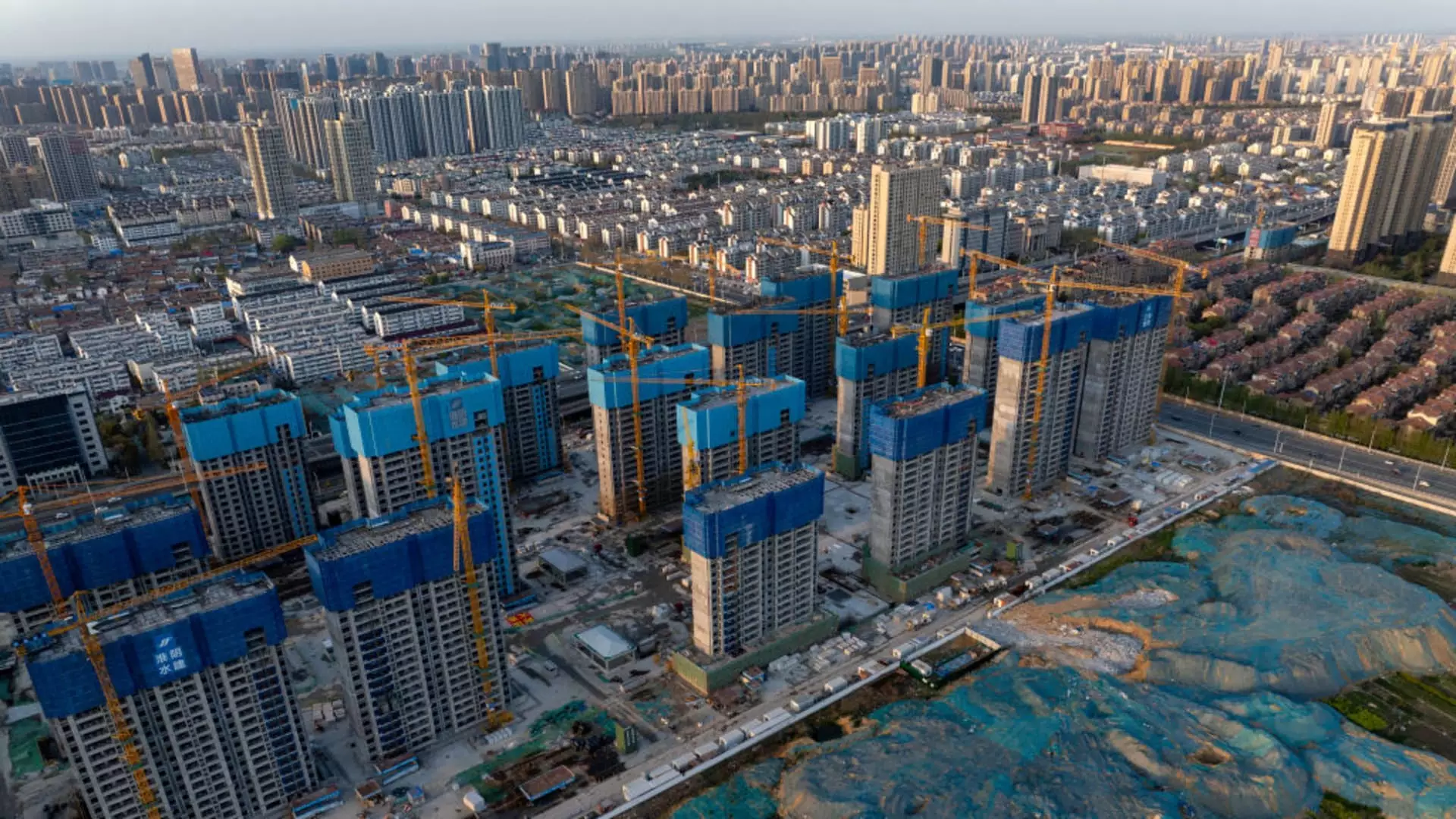China’s economic activity is currently at a tepid stage, with business and consumer appetite for new loans showing a slow start to the year. According to Richard Koo, chief economist at Nomura Research Institute, in order for economic activity to pick up, China needs to convince people that home prices are on their way up. Koo emphasized the importance of creating a narrative that suggests the bottom of the prices has been reached and that prices will start to rise from this point onwards. However, the challenge lies in the fact that it is not clear whether prices have actually hit rock bottom yet.
Koo and other analysts have raised concerns about China possibly entering a “balance sheet recession,” similar to what Japan experienced during its economic slump. Despite the fact that house prices have not fallen as much as expected in China’s policy-driven economy, real estate and related sectors still play a significant role in the country’s economy. The property market began its decline after Beijing implemented measures to reduce developers’ high reliance on debt in 2020, coupled with the impact of the Covid-19 pandemic.
China faces a unique challenge compared to Japan, as its population has started to shrink. This demographic shift has implications for the property market, making it more difficult to justify a narrative that encourages borrowing and home purchases. The emphasis on new growth drivers such as manufacturing and new energy vehicles reflects China’s efforts to diversify its economy and reduce its dependence on the property sector.
Despite the challenges in the property market, China’s economy officially grew by 5.2% in 2023, marking the first year since the end of Covid-19 controls. Beijing has set a target of around 5% growth for 2024, which many analysts view as ambitious without additional stimulus. Chinese authorities have been cautious about implementing large-scale support for the economy, as past stimulus packages have led to overheating and speculation.
Looking ahead, Richard Koo suggests that China should stimulate its economy to prevent a balance sheet recession. However, he also emphasizes the need to withdraw that support once growth reaches 12%. Learning from past mistakes, Chinese officials are wary of repeating the errors of previous stimulus packages that led to unsustainable growth and market volatility. Finding the right balance between support and restraint will be crucial in navigating the challenges facing China’s property market and overall economic growth.

Leave a Reply